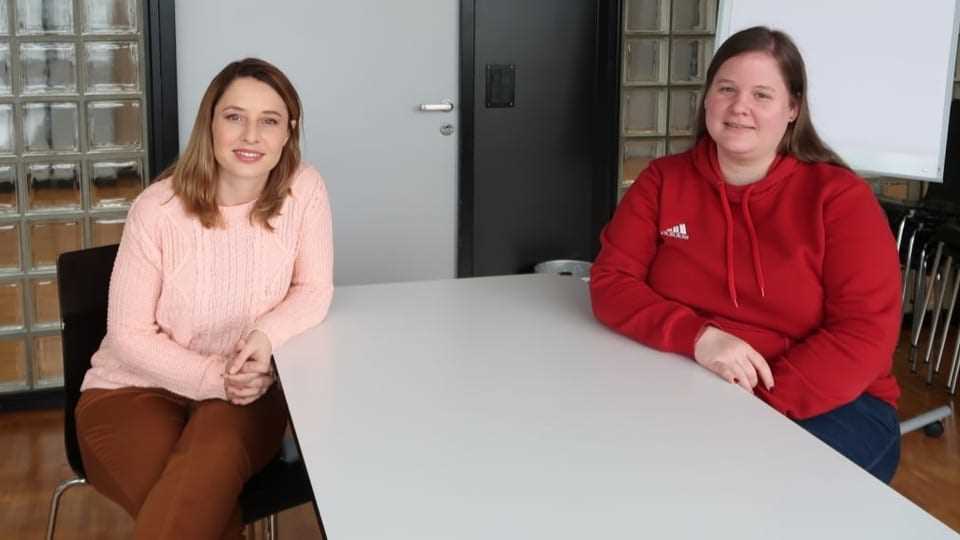contents
Around 800,000 adults in Switzerland cannot read and write properly. Those affected receive help from the canton.
Anitarutschmann doesn’t have good memories of her school days. “It was horrific,” she says today. rutschmann is one of the 16 percent of the Swiss population who still have great difficulty reading and writing as adults. That’s every sixth person or one at the time examination in 2003 nearly 800,000 people. This is called illiteracy when the ability to read and write is not sufficient to cope with tasks of daily life.
trouble in school
There are various programs in Switzerland that help people like Anitarutschmann. She, for example, has been attending the course for six years “Read Write” of the canton of Lucerne. The free course gave her a lot of self-confidence, says the 32-year-old. “Nobody laughs when it takes me three attempts to read a word or when I write “come” without a double M”. I’ve felt comfortable in this group since day one.”
Legend:
Anitarutschmann has been attending the canton’s reading and writing courses for six years.
SRF / Tuuli Stalder
During her compulsory schooling, she had different experiences. She was laughed at for her weakness. Even a teacher embarrassed her in front of the entire class. This drove her out of the desire to learn. “As soon as I saw letters, I wanted to run away,” she recalls. “I didn’t read or write anything voluntarily anymore.”
Reading courses for adults
For people who have great difficulty reading and writing, everyday life is a gauntlet run. One threatens to fail at seemingly simple things. Anitarutschmann gives an example – traveling by train: «I had big problems. For example with the timetable board, which I must have stood in front of for five minutes to decipher at what time and on which platform my train was leaving. I was sure that the others would look at me stupidly. And from then on nothing worked.” Thanks to the smartphone, she can now find out more in advance, which would be better.

Legend:
Patricia Buser, Head of Further Education at the Canton of Lucerne, and Anitarutschmann.
SRF / Tuuli Stalder
Around 45,000 people have these or similar experiences in Lucerne alone. Helping them is difficult, says Patricia Buser, who is responsible for further education at the canton and thus also for reading and writing courses for adults. The first challenge is to make those affected aware of the courses. Because of their weakness, they cannot be reached via conventional channels such as social media or brochures.
Important prerequisite for the job search
“Word-of-mouth recommendation still works best,” says Buser. “A network is needed that makes the offers known and takes away the shame of those affected.” In the canton of Lucerne, this task is carried out by various advice centers such as the social services. Buser is convinced that the offer is an important one. The world of work is geared towards reading and writing. “It starts with the application, which today is only accepted in writing. Jobs are no longer distributed by handshake.”
This is also reflected in the statistics. According to the canton, more than half of all people who are dependent on illiteracy courses are unemployed. Anitarutschmann is not one of them, she looks after people in retirement homes and private apartments, takes them for walks or accompanies them to the doctor. The reading and writing course is a great help to her. Although she is still dependent on it after six years, she has made great progress. «Before, I gave up writing altogether out of shame. Today I am braver and write despite possible mistakes. If you don’t understand, you have to ask.”
